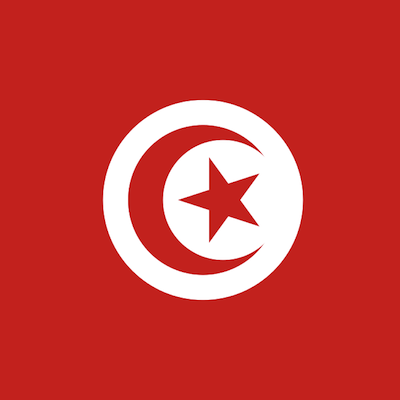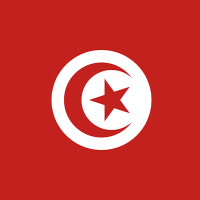Rachid Ghannouchi, the leader of the Islamist democratic party Ennahda and one of the leading practical theorists of Islamic democracy outside Turkey, continues to make the rounds with European interviewers (see previous link for more). This time he gave interviews to French journalist Olivier Ravanello for a book called “On the Subject of Islam.”
While past interviews have often focused on political or economic theory questions, the book’s pull quotes on social issues have made more waves this time (at least in the relevant, Francophone circles).
Unfortunately, because the interviews were published in French and Ghannouchi’s not an extremely high-profile person if you don’t follow this topic regularly like I do, I’m guessing it’s not getting much play yet in English-language media. The quotes are collected in the French-language Tunisian edition of Huffington Post.
He states perhaps a problematic view on some issues like blasphemy laws or inheritance rights, but made interestingly pragmatic comments on abortion & homosexuality for a relatively conservative region (though Tunisia is more liberal than the region in general). I did the translations below myself and converted idiomatic phrasing where appropriate, so these are not 1:1 translations.
Quotes on homosexuality, in principle and from a legal perspective:
“We don’t approve of it. But Islam doesn’t spy on people. It preserves privacy. Everyone lives his life as he wants to, and everyone is responsible before his creator… The law does not follow people into their private lives. … What happens in your house concerns nobody. It is your choice, and nobody has the right to enter and ban you from doing this or that.”
This would be an improvement over existing laws in Tunisia, which the Huffington Post article says criminalized homosexuality and can result in a three-year prison sentence. Unfortunately, Mr. Ghannouchi’s own party refused to change the law when it controlled the Human Rights and Justice Ministry during the national transition.
On the former, he endorses contraception as legitimate for women to prevent pregnancy; abortion in the first 4 (maybe 5) months, i.e. “before the development of the fetus” is possibly morally permissible. After that he opposes it on principle as an “aggression against life.” According to the Huffington Post article, this is consistent with the Tunisian law allowing abortion in the first 3 months for any reason — and for physical or mental health reasons thereafter.
Essentially, Ghannouchi’s view on abortion is approximately in line with the U.S. Supreme Court’s view in Planned Parenthood v. Casey in 1992, wherein viability was estimated to be as early as 22 weeks and states could potentially ban or severely restrict it after that… But his contraception view is a lot more pragmatic than that of many U.S. Republicans.




 Among the Arab Spring countries, Tunisia was not only the first to get the ball rolling but has also made the most sustained progress toward a durable liberal democracy, with majority rule and minority rights.
Among the Arab Spring countries, Tunisia was not only the first to get the ball rolling but has also made the most sustained progress toward a durable liberal democracy, with majority rule and minority rights.